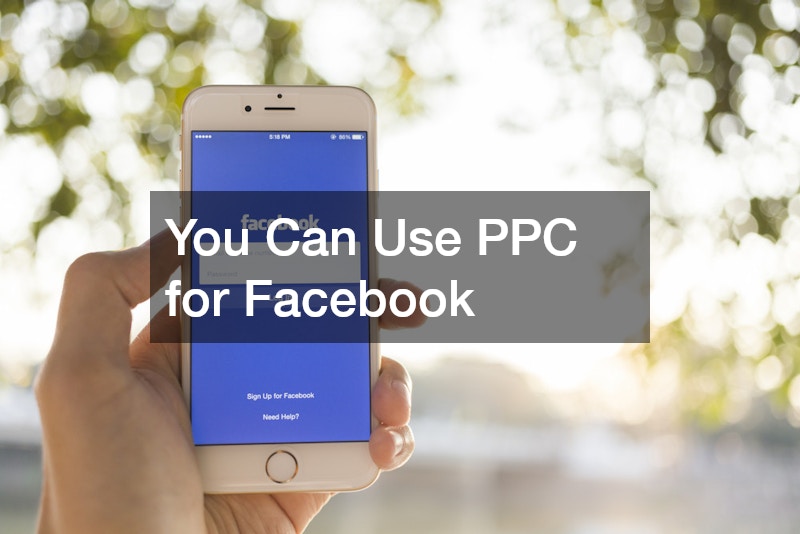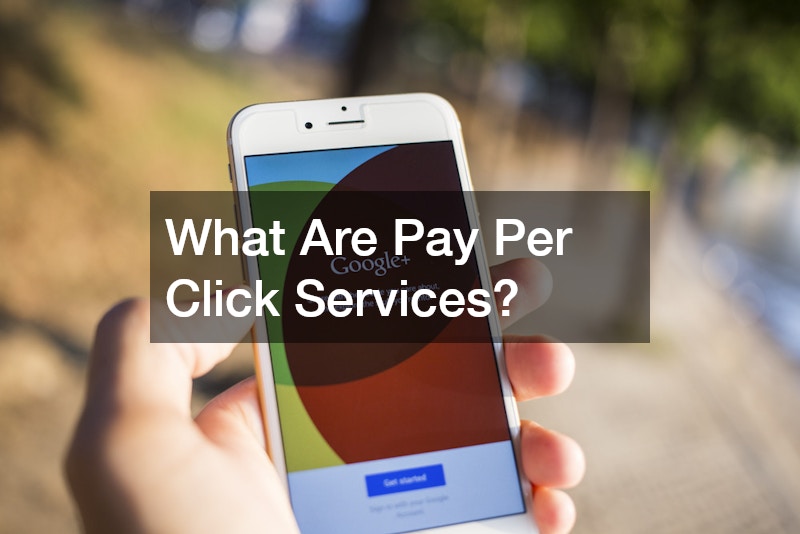
In the rapidly evolving digital marketplace, businesses are continually seeking effective ways to enhance their online presence, drive traffic, and generate leads. Among the myriad of digital marketing strategies, Pay Per Click (PPC) services stand out as a highly effective method for achieving these goals. But what exactly are PPC services, and how can they benefit businesses of all sizes? This article delves into the fundamentals of PPC services, exploring their mechanisms, advantages, types, and best practices.
Understanding Pay Per Click (PPC) Services
Pay Per Click (PPC) is an online advertising model where advertisers pay a fee each time their ad is clicked. Essentially, it’s a way of buying visits to your website rather than earning them organically through methods like Search Engine Optimization (SEO).
PPC services are managed by specialized agencies or in-house teams that handle the creation, management, and optimization of these paid advertising campaigns across various platforms.
How PPC Services Work
PPC operates primarily through auction-based systems on platforms like Google Ads, Bing Ads, and social media networks such as Facebook, Instagram, and LinkedIn. Here’s a step-by-step breakdown of how PPC services function:
Keyword Research: Identifying relevant keywords that potential customers might use to search for products or services.
Ad Creation: Developing compelling ads that include headlines, descriptions, and call-to-action (CTA) elements designed to attract clicks.
Bid Management: Setting bids on selected keywords, determining how much the advertiser is willing to pay per click.
Ad Placement: Ads are displayed on search engine results pages (SERPs) or social media feeds based on the relevance and bid amount.
Performance Monitoring: Continuously tracking and analyzing campaign performance to make data-driven adjustments.
Optimization: Refining keywords, ad copy, and bidding strategies to improve ROI and achieve campaign goals.
Types of PPC Services
PPC encompasses various advertising platforms and formats, each offering unique advantages:
Search Advertising: Ads appear on SERPs when users search for specific keywords. Google Ads is the most prominent platform for search advertising.
Display Advertising: Visual banner ads are displayed on websites within a network, such as the Google Display Network. These are effective for brand awareness and retargeting.
Social Media Advertising: Platforms like Facebook, Instagram, LinkedIn, and Twitter offer PPC advertising options tailored to their user demographics and behaviors.
Shopping Ads: These are product-based ads that appear on SERPs, showcasing images, prices, and merchant names, primarily used by e-commerce businesses.
Video Advertising: Short video ads displayed on platforms like YouTube can engage audiences visually and audibly, enhancing brand recall.
Benefits of PPC Services
Implementing PPC services offers numerous advantages that can significantly impact a business’s online success:
Immediate Visibility: Unlike SEO, which can take months to show results, PPC can generate immediate traffic as soon as campaigns go live.
Targeted Advertising: PPC allows for precise targeting based on keywords, demographics, location, device, and even user behavior, ensuring ads reach the most relevant audience.
Cost Control: Advertisers have complete control over their budgets, setting daily or monthly spending limits and adjusting bids based on performance.
Measurable Results: PPC platforms provide detailed analytics and reporting, allowing businesses to track metrics like impressions, clicks, conversions, and ROI in real-time.
Flexibility: Campaigns can be easily modified or paused based on performance data, seasonal trends, or changing business goals.
Enhanced Brand Awareness: Even if users don’t click on the ads, repeated exposure increases brand recognition and recall.
Key Components of PPC Campaigns
Successful PPC campaigns hinge on several critical components that work in tandem to drive results:
Keyword Selection: Choosing the right keywords is fundamental. They should be relevant to the business, have a good search volume, and possess a balance between competitiveness and cost.
Ad Copy: Crafting persuasive and relevant ad copy that resonates with the target audience is essential. Effective ad copy includes clear CTAs, benefits, and aligns with the user’s search intent.
Landing Pages: The destination page should be optimized to provide a seamless user experience, relevant to the ad content, and designed to convert visitors into customers.
Bid Strategy: Deciding how much to bid for each keyword involves understanding the competitive landscape and balancing cost with potential returns.
Quality Score: Platforms like Google use a Quality Score to assess the relevance and quality of ads and landing pages. Higher Quality Scores can lead to better ad placements and lower costs per click.
Ad Extensions: Enhancing ads with additional information like site links, call buttons, location details, and reviews can improve visibility and click-through rates (CTR).
Watch the video above to learn more about pay per click services!
.

